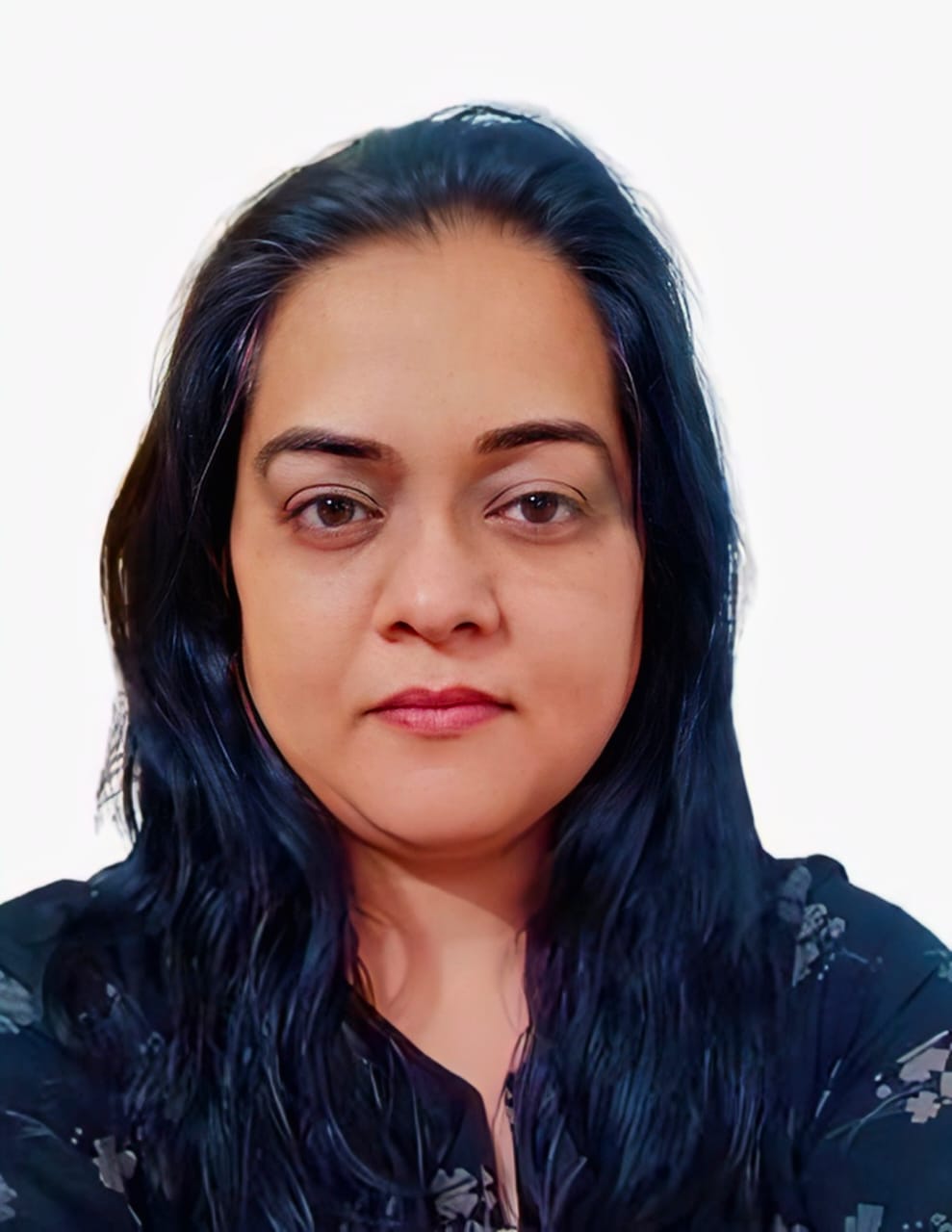Now Reading: Mental Health in Nepal: Breaking the Silence Around Depression and Anxiety
-
01
Mental Health in Nepal: Breaking the Silence Around Depression and Anxiety
Mental Health in Nepal: Breaking the Silence Around Depression and Anxiety

In Nepal, depression and anxiety remain hidden behind stigma and silence, often dismissed as weakness or fate. Yet research shows these conditions are common and rising, especially among youth. With stronger awareness, primary care integration, and community support, Nepal can turn mental health from taboo into treatment.
Mental health is as important as physical health, but sadly, it is often ignored or treated as a taboo subject. Many people, especially in South Asia, hesitate to speak up when they are struggling. Let’s look at some of the most common questions about mental health and find simple answers that can help us all.
1. Why do people feel ashamed to talk about mental health?
The biggest reason is stigma. In many families and communities, mental illness is seen as a weakness or something to hide. People fear judgment, gossip, or being treated differently. But the truth is, depression, anxiety, and stress are health conditions — just like diabetes or asthma. Talking about them is the first step toward healing.
2. What are the early signs of depression or anxiety?
Mental health problems are not always visible. Some early signs can be:
- Feeling sad, empty, or hopeless most of the time.
- Worrying too much or feeling restless without clear reasons.
- Changes in sleep — too much or too little.
- Loss of interest in activities once enjoyed.
- Unexplained body pains or headaches.
If these feelings last more than two weeks and affect daily life, it’s important to reach out for support.
3. Why is it harder for women to get help?
In many cultures, women face extra pressure to protect family honor, keep quiet about their struggles, and put others first. Some fear being called “weak” or “emotional.” This makes it harder for them to ask for help. We need to remind ourselves that seeking care is not a weakness — it’s an act of strength.
4. How can parents, teachers, and friends support someone?
Support starts with listening without judgment. Sometimes, people don’t need advice — they just need someone to understand.
- Parents can create safe spaces where children feel free to share.
- Teachers can notice changes in behavior and gently check in.
- Friends can encourage each other to talk openly and seek help when needed.
Even a simple, “I’m here for you” can make a huge difference.
5. What can schools and workplaces do?
Schools can start mental health clubs, peer counseling, and awareness programs. Teachers can be trained to identify stress and guide students to proper help.
Workplaces can promote balance by allowing mental health days, providing counseling support, and encouraging open discussions. A healthy environment makes people more productive and happier.
6. What is the most important step society can take?
The biggest step is reducing stigma. Once we stop treating mental illness as shameful, people will feel safe to ask for help. This requires:
- Open conversations at home and in schools.
- More investment in counseling and therapy services.
- Online platforms where young people can get support easily and privately.
Online Support Services for Youth in Nepal
Here are some useful resources:
- TPO Nepal (Transcultural Psychosocial Organization) – Offers free counseling and support.
https://tponepal.org
Final Word
Mental health challenges like depression and anxiety are not personal failures — they are health conditions that can be treated. The more we listen, support, and speak without fear, the closer we get to a society where no one suffers in silence.










